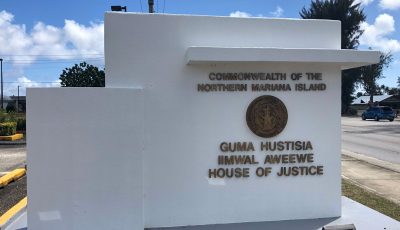High Court again passes on chance to overrule Insular Cases
For the second time in as many months, the Supreme Court has denied review of a petition calling to overrule the Insular Cases.
Yesterday morning, the U.S. Supreme Court denied review of Federación de Maestros de Puerto Rico v. Financial Oversight and Management Board for Puerto Rico, which specifically asked the court “whether the Insular Cases should be overruled.” This follows statements made by Justices Neil Gorsuch and Sonia Sotomayor earlier this year in U.S. v. Vaello Madero calling on the Supreme Court to overrule the Insular Cases in “an appropriate case.” Gorsuch declared that the Insular Cases “rest on a rotten foundation” and Sotomayor called the Insular Cases “odious and wrong.” There was no noted dissent to denial in yesterday’s order by the High Court.
“Next year marks the 125th anniversary of the United States having formal overseas colonies, yet the Supreme Court continues to avoid answering whether the colonial framework established by the racist Insular Cases remains ‘good law,'” said Neil Weare, president and founder of Equally American, which advocates for equality and civil rights in U.S. territories. Weare represented the plaintiffs in Fitisemanu v. United States, which the Supreme Court denied review of last month. “It is increasingly clear not only that the United States has a colonies problem, but that it stubbornly refuses to recognize it,” Weare added.
Petitioners in the case are represented by attorneys Jessica Mendez Colberg and Rolando Emmanuelli, who previously called on the Supreme Court to overrule the Insular Cases during oral argument in FOMB v. Aurelius. (PR)



























